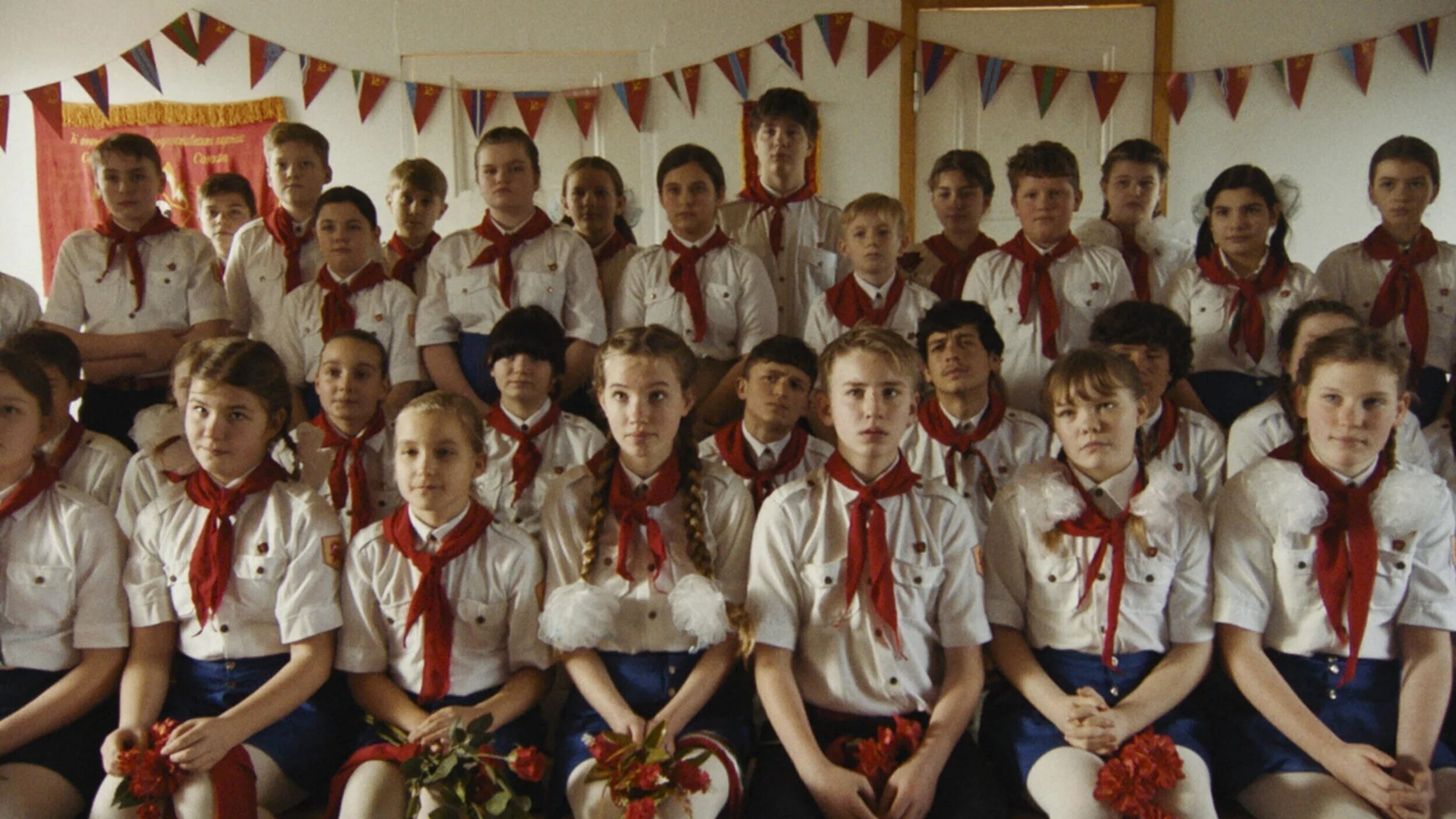The Orphanage
A refreshingly different choice of subject matter in a film by a relatively new talent.
The Afghan filmmaker Shahrbanoo Sadat is certainly not lacking in ambition. Her first full-length feature, 2016's Wolf and Sheep, a prizewinner at Cannes, was only the first in what is a projected series of five films drawing on the unpublished diaries of Anwar Hashimi. Her latest work, The Orphanage is in fact the second of these although it stands alone perfectly well. That is so despite the fact that the key figure here, the 15-year-old Qodrat (Qodratollah Qadiri), had also been central in the earlier film.
The opening scenes of The Orphanage finds Qodrat as a street boy in Kabul in 1989. His black market sales of cinema tickets at inflated prices to meet the huge demand lead to the boy being apprehended. At this time Afghanistan had a pro-Soviet government and Qodrat now finds himself placed in an orphanage in which one of the female teachers instructs them in Russian while some time later he and other inmates will be taken on a trip to visit a pioneer camp near Moscow.
Ably played by a non-professional cast, The Orphanage gains in impact through its authentic recreation of the tough life in the orphanage (some of the teenagers there are all too ready to bully and take advantage of others) and on account of being set during this particular phase of Afghanistan's history (the film's climax sees the Soviet withdrawal as the Islamist Mujahideen confront them). In recreating this on film, Sadat, who is writer as well as director, creates a convincing picture but gives us a narrative that can seem episodic and somewhat inconsequential. That tendency is the more pronounced because, despite Qodrat taking screen centre, there are a whole range of other orphans portrayed each with stories of their own leading as the case may be to a tragic ending or to just retribution. It often feels piece-meal rather than cohering into a rich strong narrative, but it is never less than interesting.
However, there is another aspect of this film that renders it distinctive but which may divide opinion. Given young Qodrat's love of cinema, it is not too incongruous when some 25 minutes in the boy's fascination with a pretty girl in class leads into a brief dream fantasy of the two of them in the form of a musical number in the established Bollywood style. Although it occurs much earlier here, this is not entirely unlike the decision in 2009's Slumdog Millionaire to end the story of a boy from the slums with a feel-good music number. However, the background in The Orphanage is far more realistic than in that film. Consequently, when Sadat introduces two subsequent scenes with songs in more dramatic circumstances (the last one indeed accompanying the film's dramatic climax) the stylisation clashes as I see it with the realistic approach that otherwise sets the tone. Some may accept this more readily than I did, but there's no denying that The Orphanage is intriguingly out of the ordinary and one will certainly keep an eye on Shahrbanoo Sadat to see how the story moves forward to develop and complete the series.
Original title: Parwareshgah.
MANSEL STIMPSON
Cast: Qodratollah Qadiri, Hasibullah Rasooli, Masihullah Feraji, Ahmad Fayaz Oshani, Eshanullah Kharoti, Yama Yakmanesh, Sediqa Rasuli, Asadullah Kabiri, Nahid Yakmanesh, Anwar Hashimi.
Dir Shahrbanoo Sadat, Pro Katja Adomeit, Screenplay Shahrbanoo Sadat, Ph Virginie Surdej, Art Dir Bruno Duarte, Jan Hormann, Signa Köstler, Fabian Raith and Lorenz Vetter, Ed Alexandra Strauss, Costumes Anwar Hashimi.
Adomeit Films/La Fabfrica Nocturna Cinéma/Samsa Film/Wolf Pictures-MUBI.
90 mins. Denmark/Luxembourg/France/Germany/Afghanistan. 2019. Rel: 14 May 2020. Available on MUBI. No Cert.


